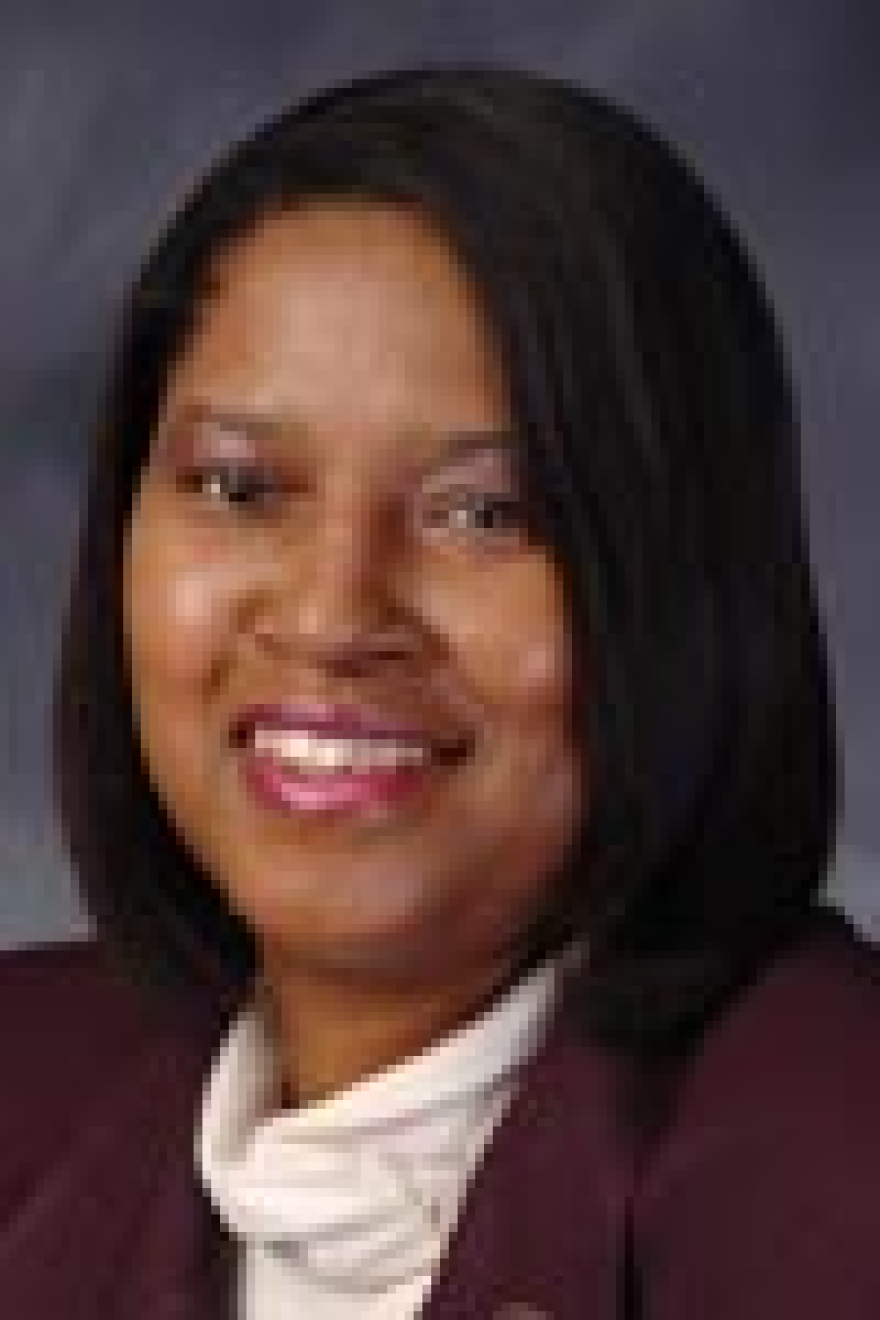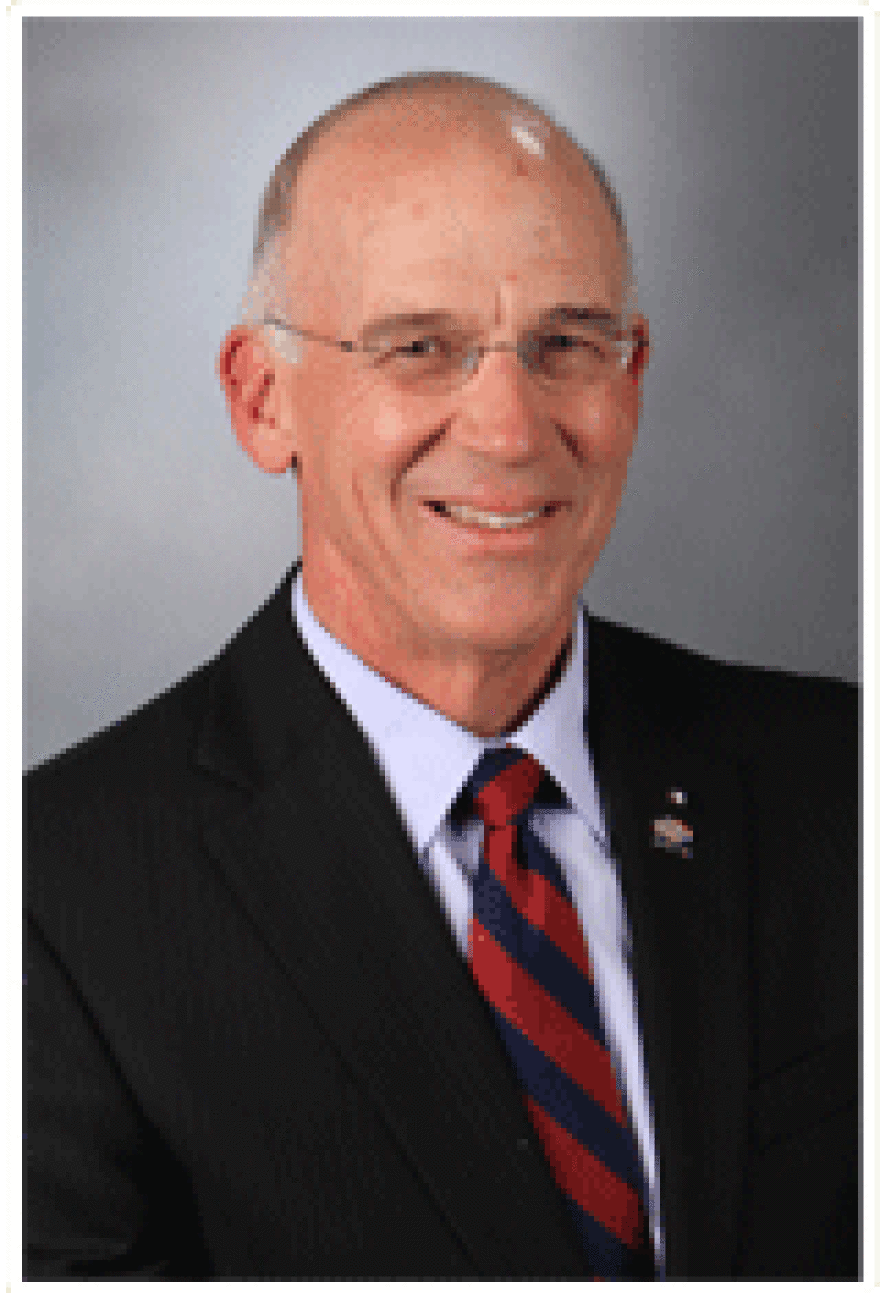When the Missouri General Assembly convenes next month, education will take its usual place as the center of concern for many lawmakers. Here are some of the bills that have been pre-filed for the upcoming legislative session.
Student transfers
Once again this year, the student transfer law is expected to be at the legislative forefront. The first pre-filed bill in the Senate, sponsored by state Sen. David Pearce, R-Warrensburg, revives a plan that cleared the legislature during the 2014 session but was ultimately vetoed by Gov. Jay Nixon who cited two reasons for his veto.
- First, he opposed a provision to allow students in unaccredited districts to use public money to attend nonsectarian private schools.
- Second, Nixon said he opposed that the bill because it would allow receiving districts not to count the test scores of transfer students in exchange for charging the sending districts less in tuition.
State Sen. Scott Sifton, D-Affton, has filed a separate bill that eliminates the option for private schools. State Sen. Maria Chappelle-Nadal, D-University City, has also pre-filed a bill similar to Pearce’s.
In the House, state Rep. David Wood, R-Versailles, said he’s taking a piece-by-piece approach to addressing student transfers. Like Pearce’s plan, his bill would accredit individual schools rather than entire districts. Students would first be given the option to transfer to an accredited building, and if all seats were filled, students attending an unaccredited school could transfer to an accredited district in the same or adjoining county.
Under HB42, tuition charged by receiving districts could not exceed the amount spent on teachers’ wages, incidental costs, debt service and maintenance costs. If there is a disagreement about tuition, the Board of Education would have the authority to settle the dispute. Unlike Pearce’s bill, Wood’s plan does not include an option for nonsectarian private schools.
“I have an approach of taking it in small pieces; the Senate has the approach of the whole bill,” Wood said. “We’ll get into session and see which way it can move.”
School, not fines or jail for misdemeanors
State Rep. Rochelle Walton Gray, D-Black Jack, has pre-filed 14 separate bills to address longstanding concerns brought to the forefront after the fatal police shooting of Michael Brown. Among them is a two-sentence piece of legislation to allow juvenile courts to consider ordering a young person to attend school in lieu of fines or jail time for misdemeanor violations. Under HB61, if a student had two unexcused absences, the court could then consider detaining or fining the young person.

“This gives them an opportunity to go back to school, establish that you’re going to be a good student, have good attendance and not have to be sentenced to any fine or jail time,” Walton Gray said.
A separate bill, HB60, requires community service instead of a fine for certain traffic violations for drivers 18 and younger.
“Having to pay a traffic fine and being unable to pay it can have a snowball effect and have serious repercussions,” Walton Gray said. “Especially for a juvenile who is in high school or college who has to miss school because a warrant is issued and they don’t have the money to pay.”
Walton Gray has also filed HB71, which establishes a task force on police officer presence in schools and communities within the Missouri Department of Public Safety, and HB54, which allows schools to incorporate criminal justice instruction into curriculum. Walton gray said she may file additional, larger bills that group together some of separate bills she has filed.
Keeping test making business in-state
Wood has also filed a bill to require all statewide student tests be developed and implemented by a university with an education program in the state of Missouri after June 2017. He said the bill is a response to the state moving away from the Common Core state standards, which will be used next school year, but replaced by new standards during the 2016-17 school year.
“If we change standards, then we have the ability to change the test as well,” Wood said.
Meanwhile, a lawsuit filed by anti-Common Core activists seeks to ensure that the state cannot use an exam developed by the Smarter Balanced Assessment Consortium (SBAC) when the new standards are put in place. Regardless of the outcome in the lawsuit, the state is reportedly on the hook to pay the SBAC $4.2 million to use the test next school year.
School grades and teacher tenure
On the Senate side, several school-related bills have been pre-filed that bring up once again efforts that have either failed in past years or were part of bills, like last year’s wide-ranging transfer bill, that were vetoed.

Republican Ed Emery from Lamar has introduced three bills that deal, separately and together, with teacher employment and grading individual school buildings on a scale of A through F.
The tenure provisions in SB27 would abolish tenure for any teachers hired after Aug. 28, 2015, and mandate annual performance evaluations for all teachers and administrators in public schools. Starting July 1, 2016, districts would have to use salary schedules based on performance.
The provisions are similar to those in a constitutional amendment that was soundly defeated in November. Backers of the amendment withdrew their support several weeks before the election, saying they needed more time to get their message across.
But, Emery said in an interview, he does not think the lopsided loss for the amendment really reflects what Missourians think about tenure. Instead, he said, he thinks the opposition was led by those who would be affected the most -- teachers.
Part of SB27, but also the subject of a separate bill, SB28, is Emery’s call for a “simplified annual school report card” that would grade schools on a rating of A through F. Scores for individual schools on the state’s annual evaluation system, MSIP5, are already available on the Department of Elementary and Secondary Education website .
But Emery said that having to go there and do the calculations, converting the percentage score to a grade, is not as convenient or as effective as having the letter grade available from the state.
In other states, he added, the A-F grading plan has helped get parents and others more involved in education by letting them either praise or question what their local school is doing.
"It helps move us toward excellence," he said. "If translating numbers to a letter grade can help someone easily assess how their school is doing compared to other schools, I can't see the harm in that."
Emery’s SB29 deals with how teachers can be let go when courses are dropped or districts have to reduce their workforce.
Emery has also introduced the “campus free expression act,” SB93, that would designate outdoor areas on the campuses of Missouri’s public colleges and universities as traditional public forums where views could be expressed in a lawful manner.
Promotion in urban schools
Sen. Jamilah Nasheed, D-St. Louis, has submitted SB161, dealing with two topics: anti-bullying policies and student promotion.
The first would establish policies against bullying, require that they be enforced equally and instruct counselors on how to deal with the practice.
The second is designed to make sure that public school students in St. Louis and Kansas City achieve proficiency in reading and are not promoted beyond the second grade until they have done so. Students who have not made adequate progress would be required to get additional help.
State board and domestic violence
In addition to her bill on school transfers, Chappelle-Nadal has pre-filed two other pieces of legislation related to schools.
One, SB84 , limits members of the state board of education to two terms which last for eight years each.
The other, SB61, is designed “to provide students with the knowledge, skills, and information to prevent and respond to teen dating violence.” Schools would develop an age-appropriate curriculum to let students know about the physical and mental harm that could result from domestic violence.
The governor and the curators
Finally, there is a three-sentence bill pre-filed by Sen. Kurt Schaefer. The Republican is from Columbia, home of the University of Missouri’s system headquarters and its flagship campus, so whatever the university does has a big impact on the area. This proposed legislation would also have a big impact on Gov. Jay Nixon, who has a little more than two years to go in his term, as well as his successors in that office.
Schaefer’s SB110 reads in its entirety:

“This act prohibits any member of the University of Missouri Board of Curators from voting to appoint to, hire, or employ in any way in any position in the university any person who appointed him or her to the board. Any such vote taken by a curator will be null and void. Any curator who violates this prohibition will immediately forfeit his or her curator position.”
Translation: Since Nixon has appointed all sitting members of the board, and will have three vacancies to fill in the upcoming months, if Schaefer’s legislation passes, the curators could not vote to hire him as president or general counsel for the university system. He would be eligible to take any other position, since those jobs are hired by the president, not the curators.
In an interview, Schaefer said the bill isn’t aimed just at Nixon but at any potential quid pro quo in the future, where a governor could name members to the board in exchange for the promise of a future job. The bill could bring more transparency to the process, he said, plus isolate curators from any pressure to hire the person who named them to the board.
“Governors have complete control over who they appoint to board of curators,” Schaefer said. “There have been concerns in the past about placing people on the board of curators in exchange for essentially a position later at the university.”
With the cycle of six-year terms for curators and four-year terms for governors, Schaefer noted, the bill would not mean a lifetime ban on a top university job but only a temporary one, until the makeup of the board changes.
Schaefer has criticized Nixon on several fronts, from the governor’s use of a state airplane to the expansion of Medicaid. And, the senator has declared his candidacy for Nixon’s old job of attorney general in the 2016 election, when term limits will force his departure from the General Assembly.




